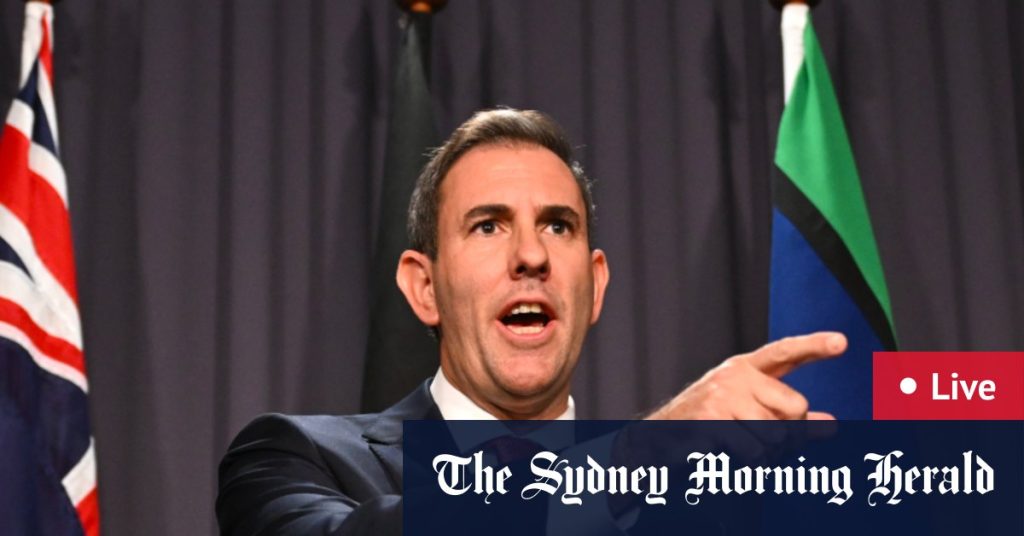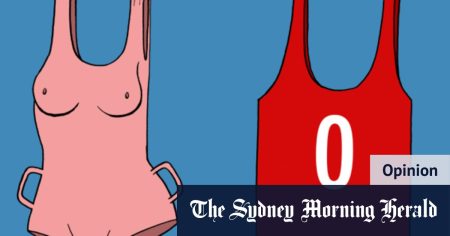Inflation in Australia is expected to reach its lowest levels since the third wave of COVID-19 hit the country, providing some relief for consumers dealing with the rising cost of living. However, Australians have been hit by a surge in state and federal government taxes, with a 10% increase in the tax take per person collected by the federal government in the 2022-23 financial year. This follows a nearly $2600 increase in the average Commonwealth tax per person the previous year, bringing per capita tax to an all-time high of $23,495.
The Australian Bureau of Statistics reported that annual inflation is expected to fall to its lowest level in 2½ years, but the increase in tax collections has raised concerns among consumers. The rise in personal tax collections, driven by a 15% increase of $36.2 billion, was attributed to a rise in the total number of Australians in employment and increased wages growth. Additionally, company tax receipts increased by 21% over the same period, driven by higher prices for key commodities.
While the drop in inflation may provide some relief for consumers, the significant increase in taxes collected by the federal government has raised concerns about the impact on household budgets. The surge in state and federal government taxes has added financial pressure on Australians already struggling with the rising cost of living. Despite the reduction in inflation, the high levels of taxation are likely to continue to impact consumers in the near future.
The Australian Bureau of Statistics noted that the increase in tax collections was primarily driven by a rise in personal tax collections, as well as higher prices for key commodities contributing to a rise in company tax receipts. The total tax take per person collected by the federal government reached an all-time high, further burdening consumers already dealing with economic challenges. The significant jump in tax collections reflects the government’s efforts to increase revenue amid economic challenges caused by the pandemic and other factors.
While the increase in tax collections may benefit the government in generating revenue, it has stirred concerns among consumers struggling with the rising cost of living. The impact of the surge in taxes on household budgets has exacerbated financial strains for Australians, further highlighting the challenges faced by many in meeting everyday expenses. The combination of lower inflation and high levels of taxation presents a complex economic landscape for consumers, requiring careful financial planning and management to navigate successfully.
As Australians continue to grapple with the economic fallout of the pandemic and other challenges, the balancing act between managing inflation, taxation, and cost-of-living pressures remains a key concern. The recent increase in tax collections by the federal government adds to the financial burdens faced by consumers, underscoring the need for effective policies to address economic challenges. Moving forward, policymakers will need to consider the impact of taxation on households and explore strategies to support Australians in managing their finances amid a complex and evolving economic environment.















